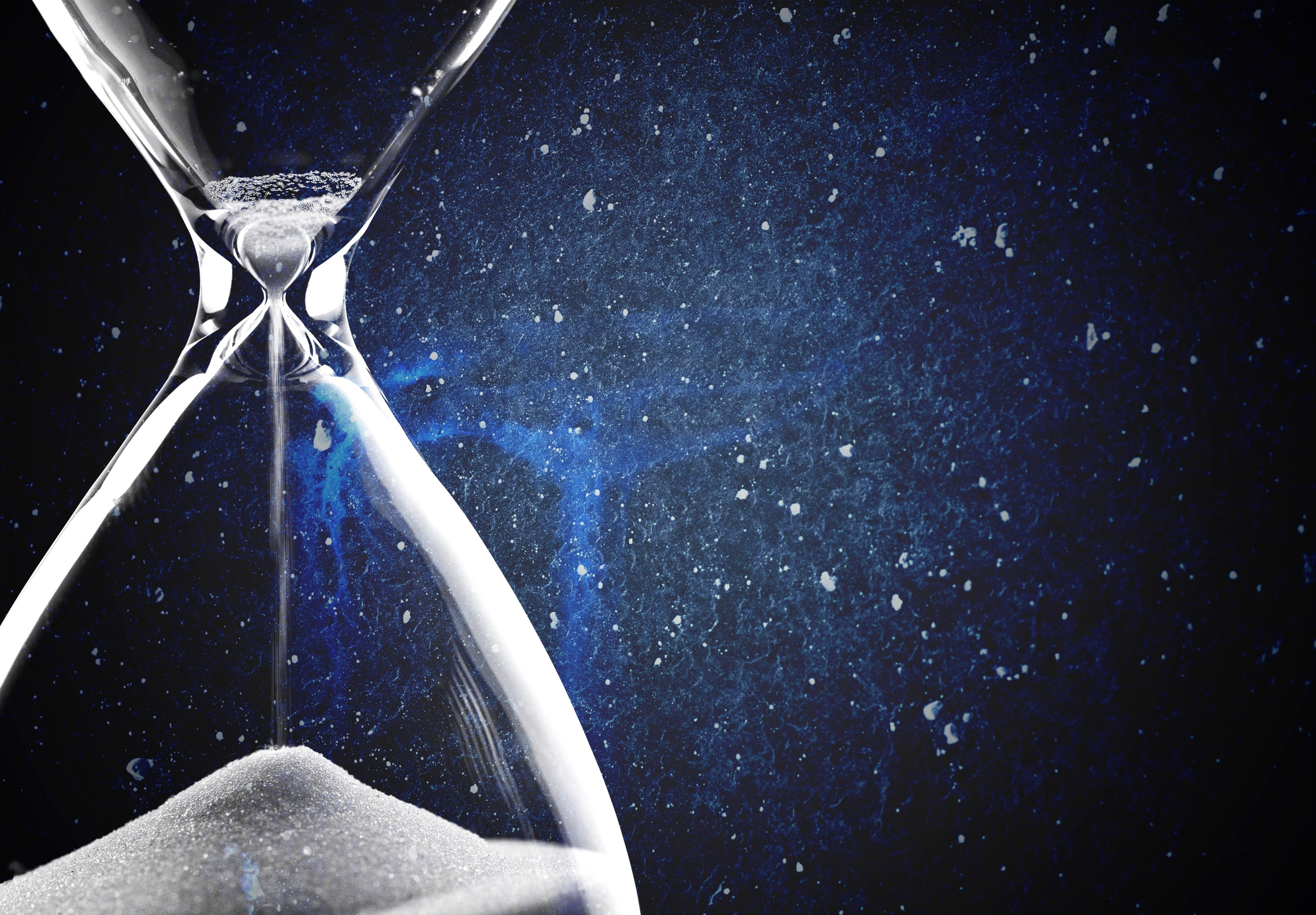Scientists 'reverse time' in quantum computer, possibly breaking laws of physics

A free daily email with the biggest news stories of the day – and the best features from TheWeek.com
You are now subscribed
Your newsletter sign-up was successful
Physicists may have discovered a real-life time machine — of sorts.
Although scientists have yet to replicate the futuristic scenes of The Jetsons or the 1985 sci-fi classic Back to the Future, researchers from Moscow's Institute of Physics and Technology partnered with scientists in the U.S. and Switzerland to "experimentally demonstrate time reversal — sending a qubit from a more complicated state to a simpler one," writes Newsweek.
The findings, which were published in Scientific Reports were almost like "magic," the study's author, Andrei Lebedev, told Newsweek.
The Week
Escape your echo chamber. Get the facts behind the news, plus analysis from multiple perspectives.

Sign up for The Week's Free Newsletters
From our morning news briefing to a weekly Good News Newsletter, get the best of The Week delivered directly to your inbox.
From our morning news briefing to a weekly Good News Newsletter, get the best of The Week delivered directly to your inbox.
Researchers, however, are far from achieving "time travel, or going back to the past, or reversing the principle of cause and effect," says scientist Henning Bostelmann at the U.K.'s University of York, which he acknowledged may be a "disappointment to science-fiction fans," per Newsweek. Instead, researchers managed to send quantum bits back into their states from a split second earlier, which could demonstrate the "possibility of violating the second law of thermodynamics," lead author Gordey Lesovik said, per Phys.org.
The "reversal algorithm" was successful in at least 85 percent of two-qubit cases, reports Phys.org. Lebedev says he plans to expand the research and investigate further.
A free daily email with the biggest news stories of the day – and the best features from TheWeek.com
-
 Sepsis ‘breakthrough’: the world’s first targeted treatment?
Sepsis ‘breakthrough’: the world’s first targeted treatment?The Explainer New drug could reverse effects of sepsis, rather than trying to treat infection with antibiotics
-
 James Van Der Beek obituary: fresh-faced Dawson’s Creek star
James Van Der Beek obituary: fresh-faced Dawson’s Creek starIn The Spotlight Van Der Beek fronted one of the most successful teen dramas of the 90s – but his Dawson fame proved a double-edged sword
-
 Is Andrew’s arrest the end for the monarchy?
Is Andrew’s arrest the end for the monarchy?Today's Big Question The King has distanced the royal family from his disgraced brother but critics claim a ‘fit of revolutionary disgust’ could still wipe them out
-
 ABC News to pay $15M in Trump defamation suit
ABC News to pay $15M in Trump defamation suitSpeed Read The lawsuit stemmed from George Stephanopoulos' on-air assertion that Trump was found liable for raping writer E. Jean Carroll
-
 Judge blocks Louisiana 10 Commandments law
Judge blocks Louisiana 10 Commandments lawSpeed Read U.S. District Judge John deGravelles ruled that a law ordering schools to display the Ten Commandments in classrooms was unconstitutional
-
 ATF finalizes rule to close 'gun show loophole'
ATF finalizes rule to close 'gun show loophole'Speed Read Biden moves to expand background checks for gun buyers
-
 Hong Kong passes tough new security law
Hong Kong passes tough new security lawSpeed Read It will allow the government to further suppress all forms of dissent
-
 France enshrines abortion rights in constitution
France enshrines abortion rights in constitutionspeed read It became the first country to make abortion a constitutional right
-
 Texas executes man despite contested evidence
Texas executes man despite contested evidenceSpeed Read Texas rejected calls for a rehearing of Ivan Cantu's case amid recanted testimony and allegations of suppressed exculpatory evidence
-
 Supreme Court wary of state social media regulations
Supreme Court wary of state social media regulationsSpeed Read A majority of justices appeared skeptical that Texas and Florida were lawfully protecting the free speech rights of users
-
 Greece legalizes same-sex marriage
Greece legalizes same-sex marriageSpeed Read Greece becomes the first Orthodox Christian country to enshrine marriage equality in law